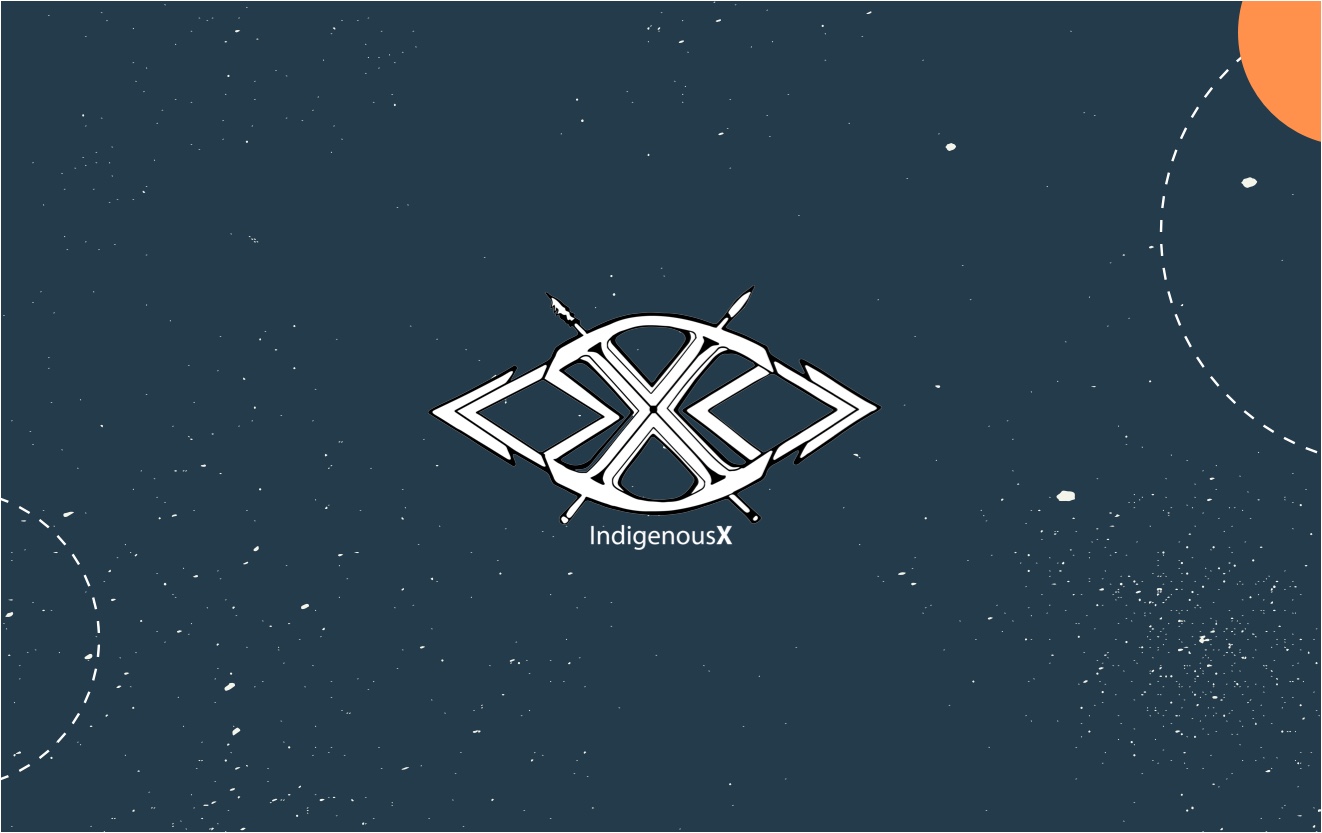1967 was a moment when it seemed easier to tell the truth. We need another such moment
I was three at the time, so I don’t remember any of it, but the impacts on my life are profound. 27 May 1967 is widely understood as the day Australia stood as a nation almost unanimously in support of Aboriginal people and their right to be citizens of this country.
Fire Bucket Dreaming– we are blessed to be surrounded by Indigenous voices
My grandfather, Colin Walker, is a Yorta Yorta man born on the banks of Dhunagla (the Murray River) at Cummeragunja in a small tin hut with a dirt floor, no windows – a corrugated iron structure that is long gone. A stone’s throw from the site of Pop’s birth is the Cummeragunja School House where my mother May went to school.
Indigenous performing arts is a testament to collective drive and vision
If the recent skirmish over federal arts funding teaches us anything, it’s that even the best-laid plans are not set in stone. With a change of government or the swearing in of a new minister, an entire ecology can be swiftly placed in a precarious position. If the foundations are unstable, it can all come tumbling down.
Australia’s love affair with Cook mythology denies the truth.
Last week a number of major national and international media outlets were outraged at the University of New South Wales (UNSW) for “re-writing history.” Although this claim was completely unfounded, it did spark a much-needed dialogue about the true identity of Australia.
Stolen Generations — 21st anniversary of launch of Inquiry, 17 years since report
It has been 21 years since the launch of the National Inquiry into the Separation of Aboriginal and Torres Strait Islander Children from Their Families, and 17 years since the release of the inquiry’s final report –now commonly known as the Bringing Them Home report– which concluded with the troubling finding that a generation of Aboriginal and Torres Strait Islanders “endured gross violations of their human rights. These violations continue to affect Indigenous people’s daily lives. They were an act of genocide, aimed at wiping out Indigenous families, communities, and cultures”.
Reflecting on the Apology to the Stolen Generations – An Interview with Kevin Rudd
This week marks the 8th anniversary of Kevin Rudd's Apology to the Stolen Generations. I am hosting @IndigenousX this week and as part of that was fortunate to be able to speak to Mr Rudd in person about his speech and about his National Apology Foundation for Indigenous Australians.
The past isn’t in the past and I can’t just get over it.
Today is Invasion Day for my people, officially known as Australia Day, an anniversary of the day when white Australia began its occupation of this country and commenced its mass genocide of the first peoples of this land. There isn’t much I can say that hasn’t already been said by countless others, but I grow tired of and frustrated by the relentless calls for our silence about this countries horrific history; particularly at this time of year.
Why we need to change the date of Australia Day
According to the Australia Day website:
“The tradition of having Australia Day as a national holiday on 26 January is a recent one. Not until 1935 did all the Australian states and territories use that name to mark that date. Not until 1994 did they begin to celebrate Australia Day consistently as a public holiday on that date.”




